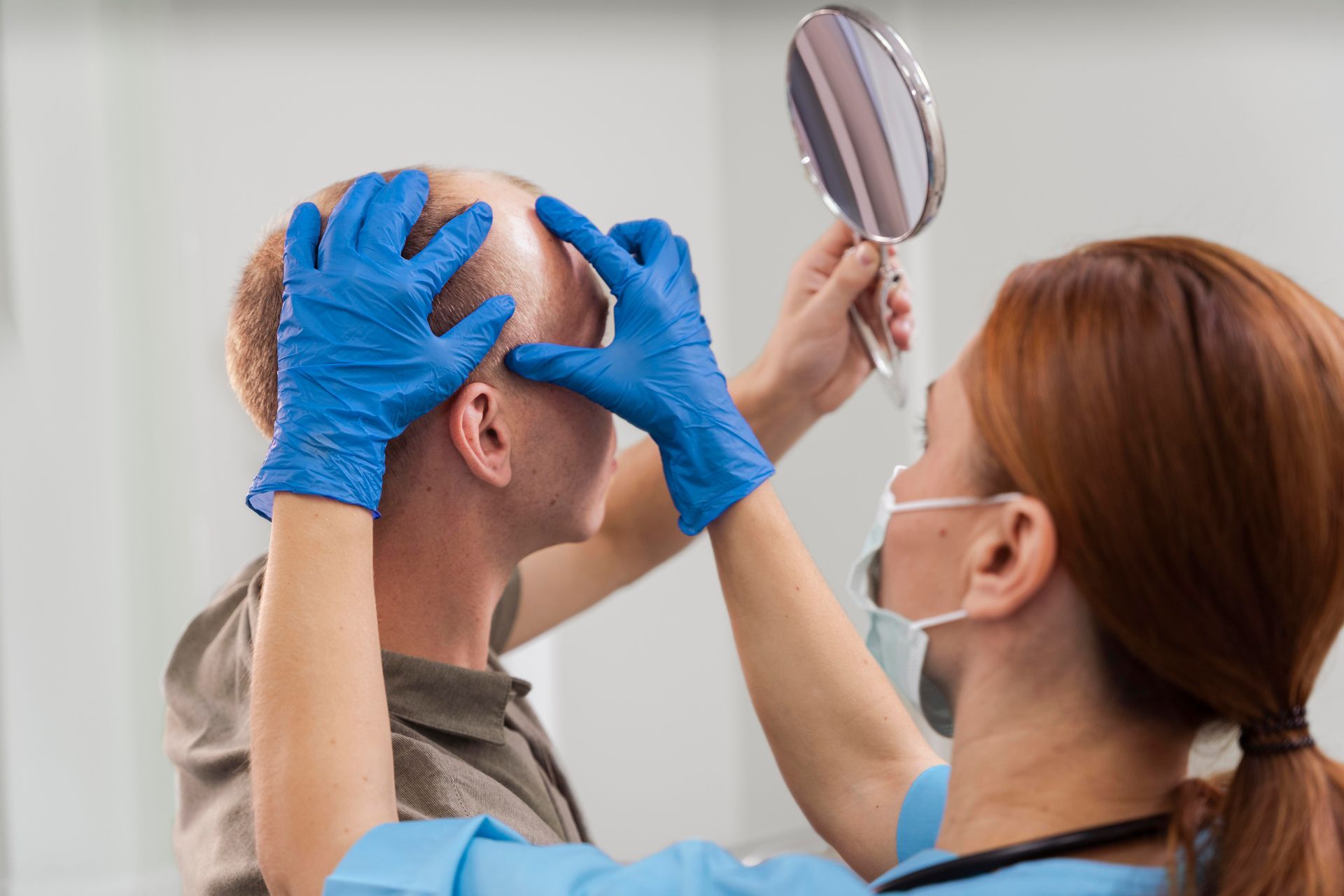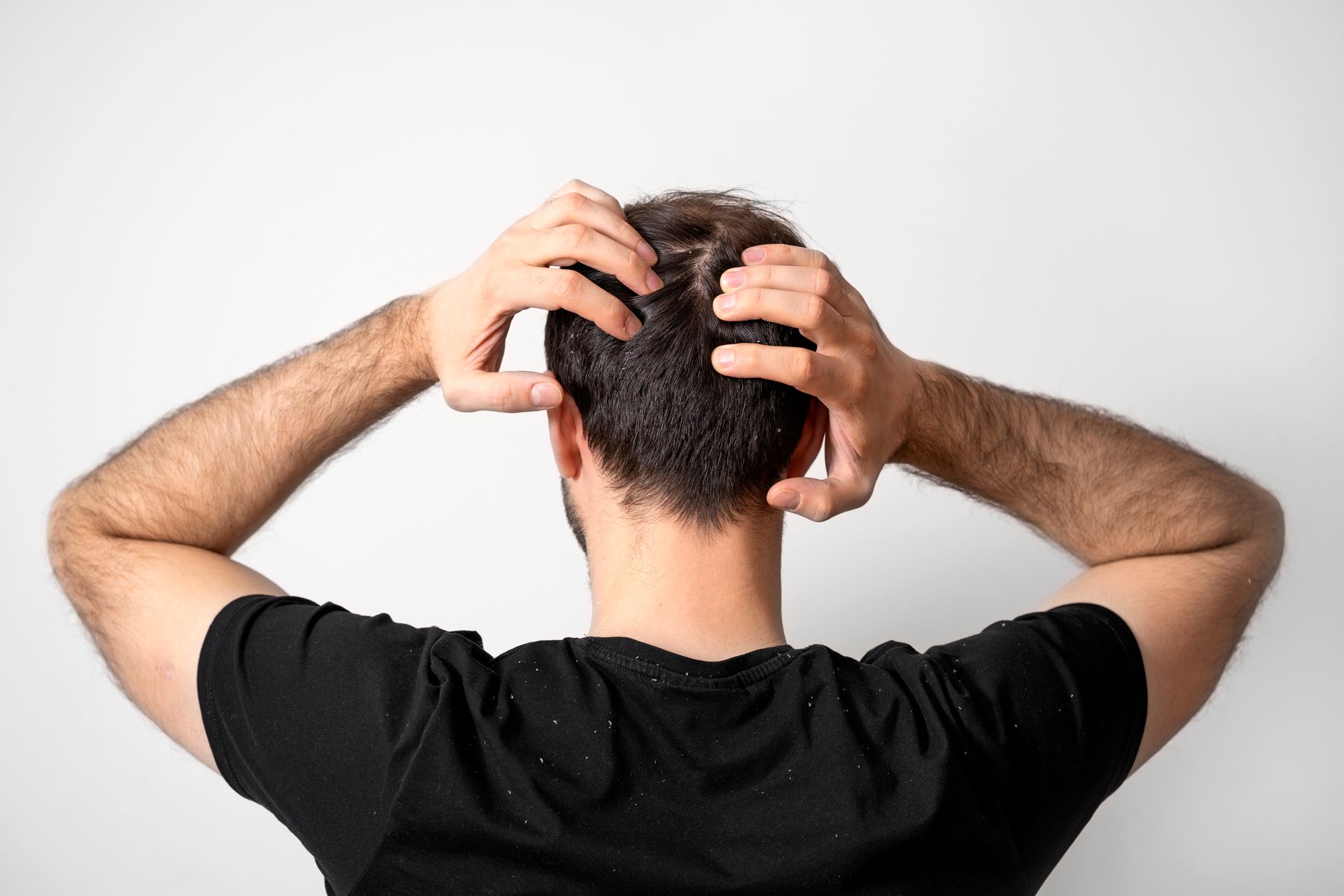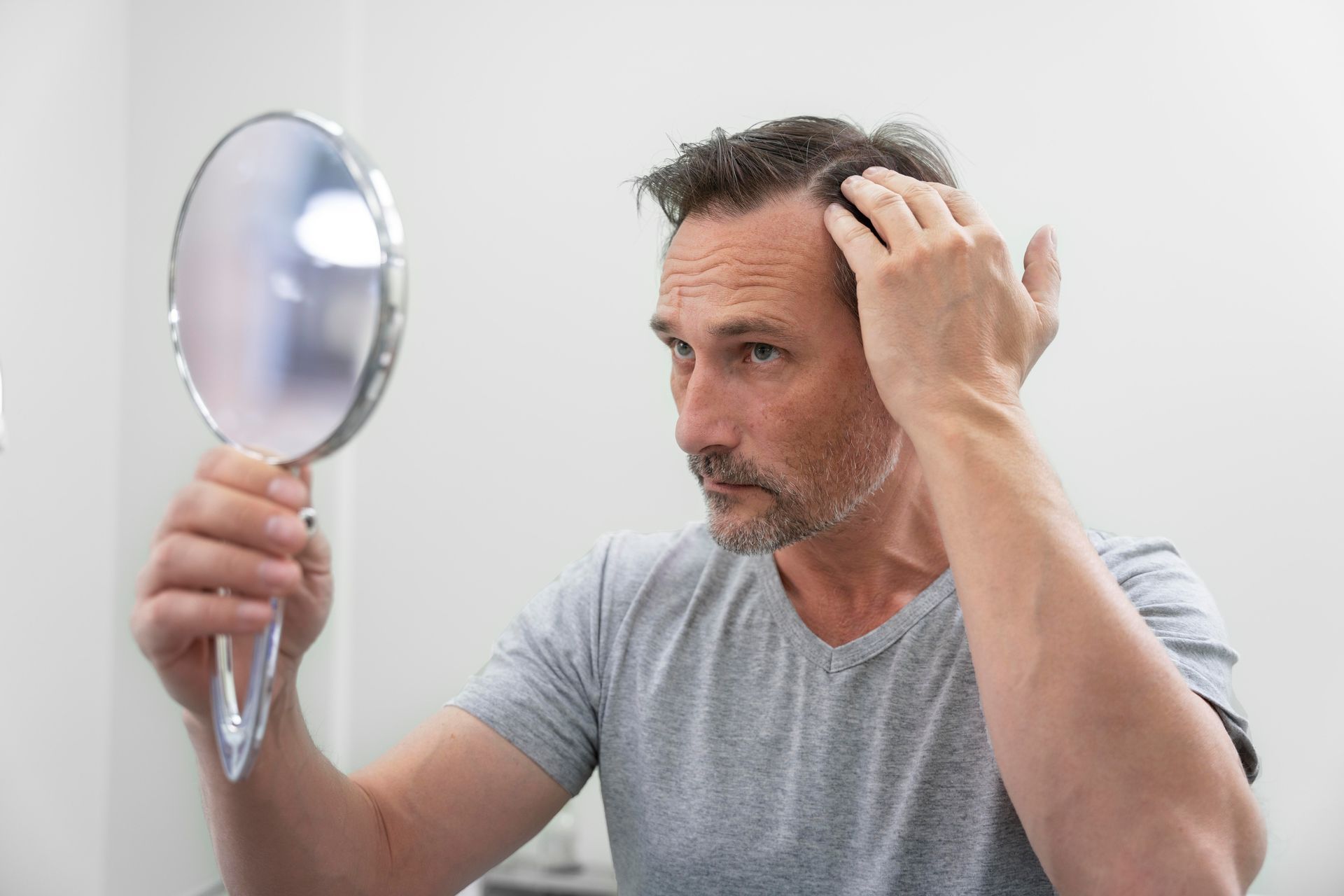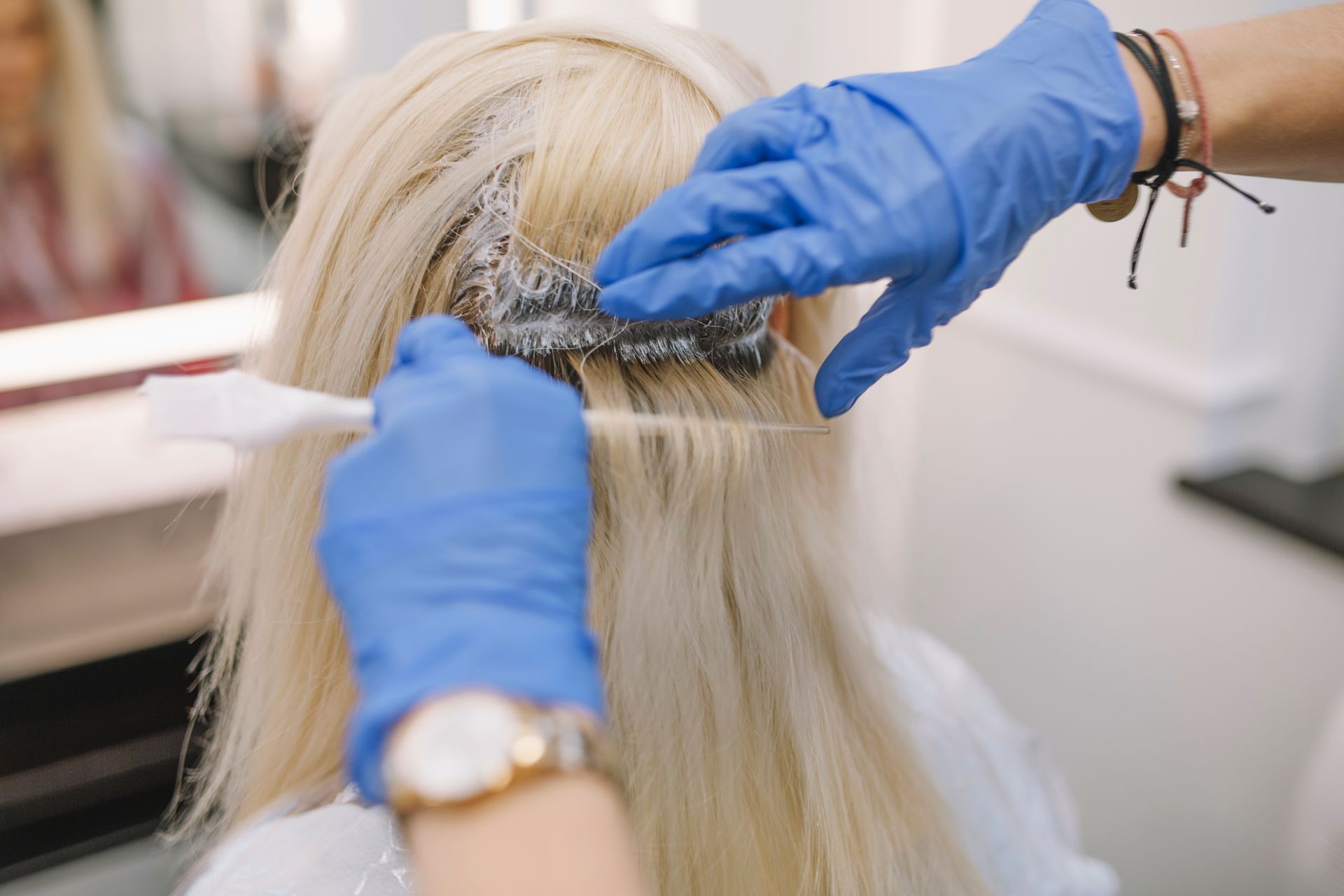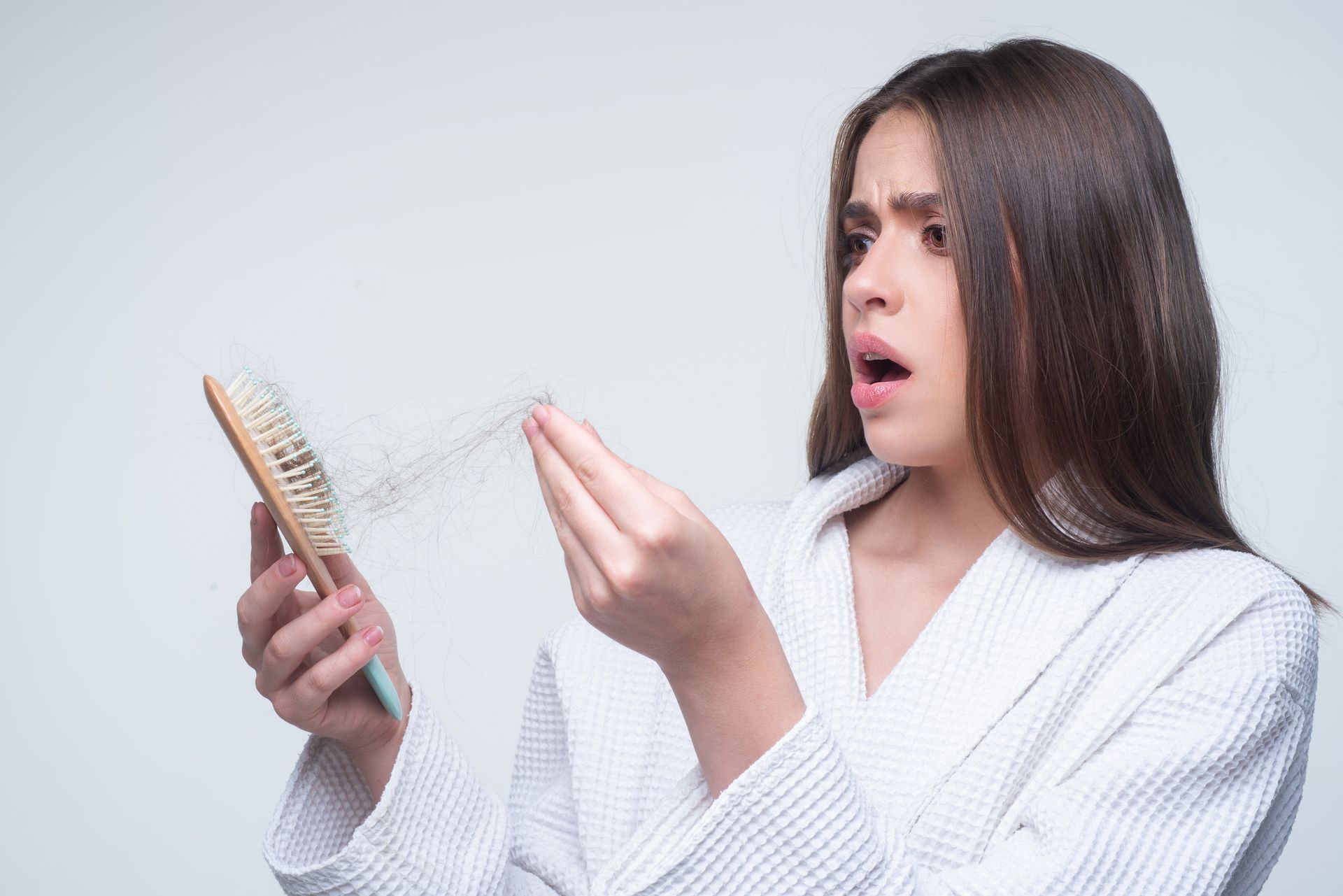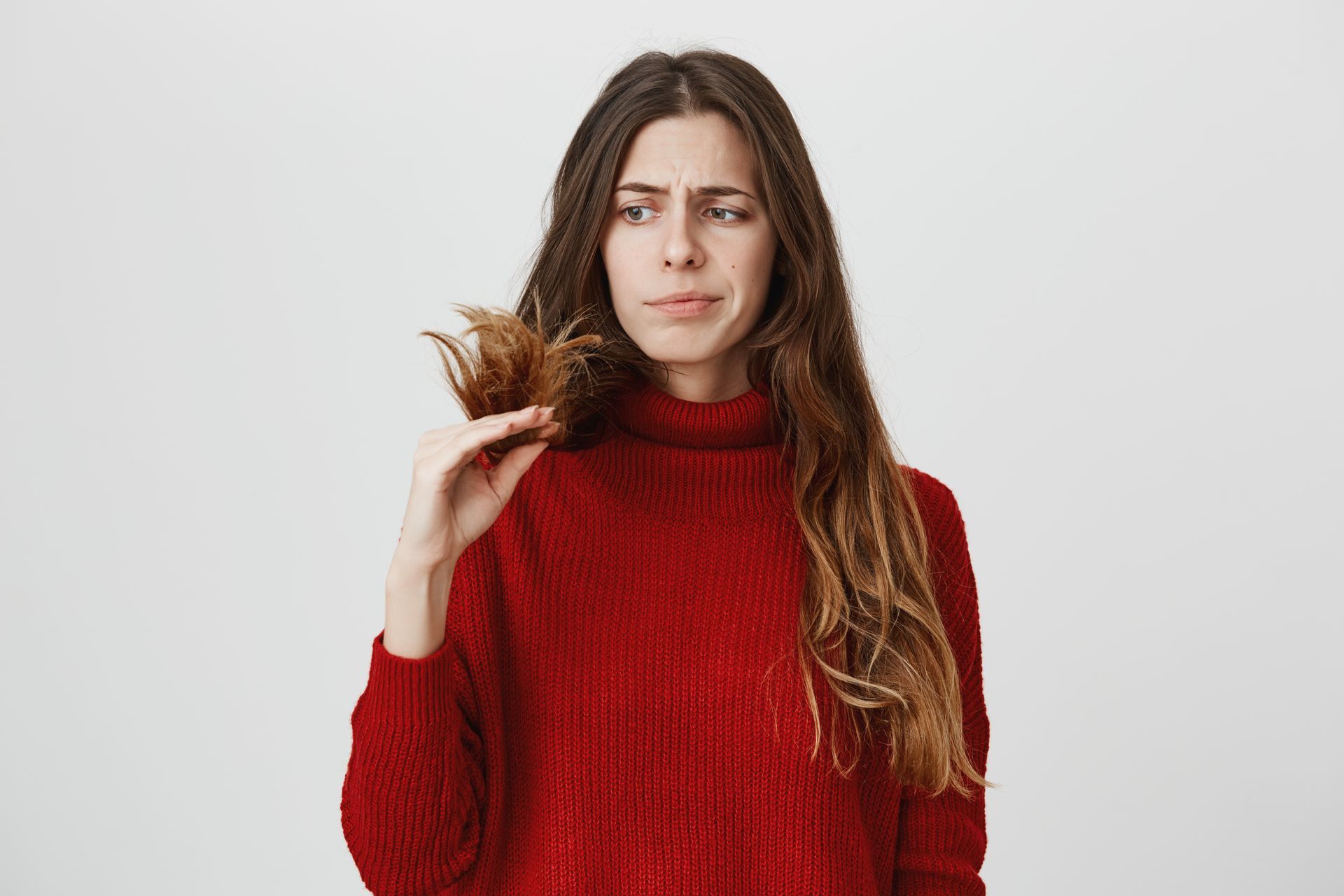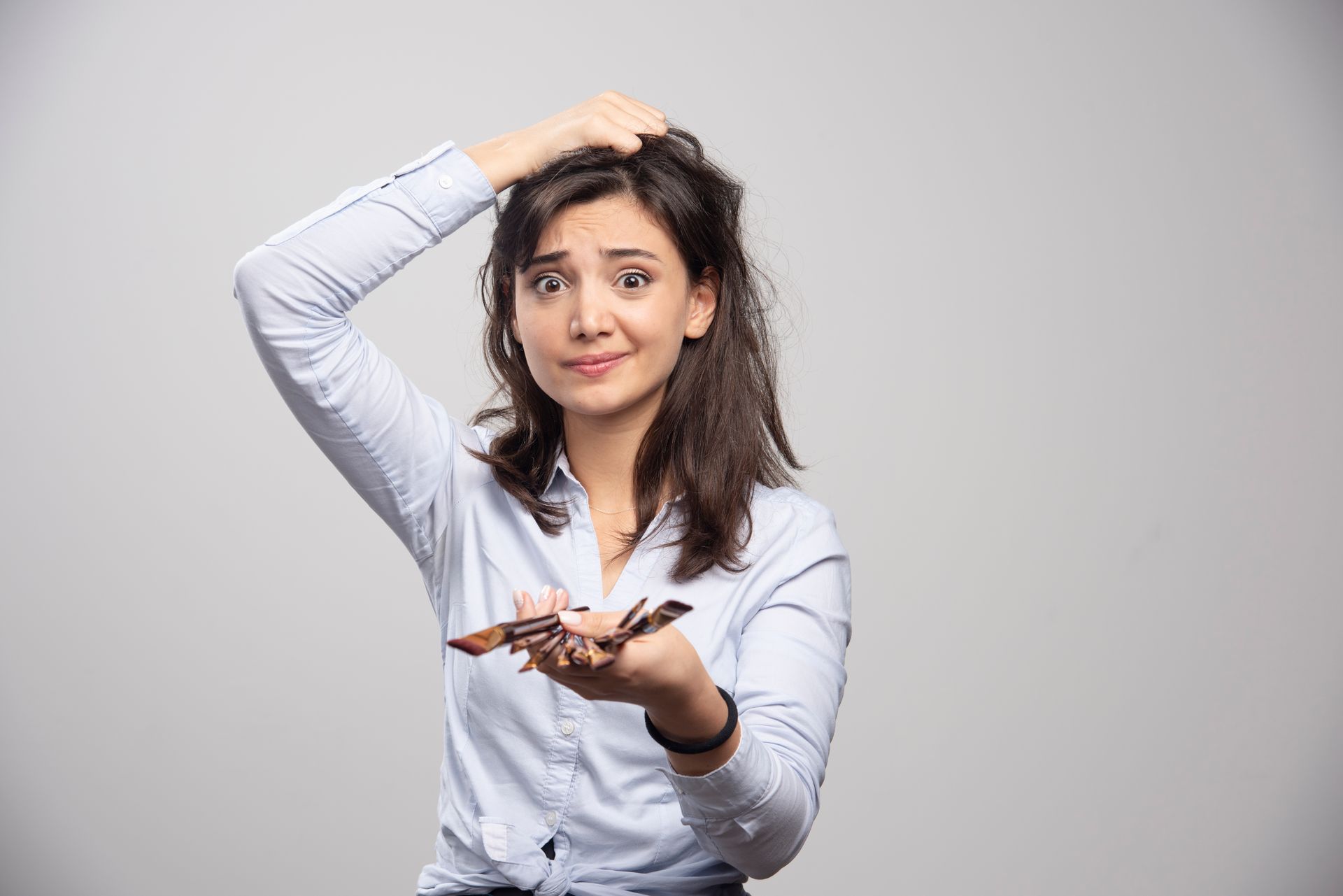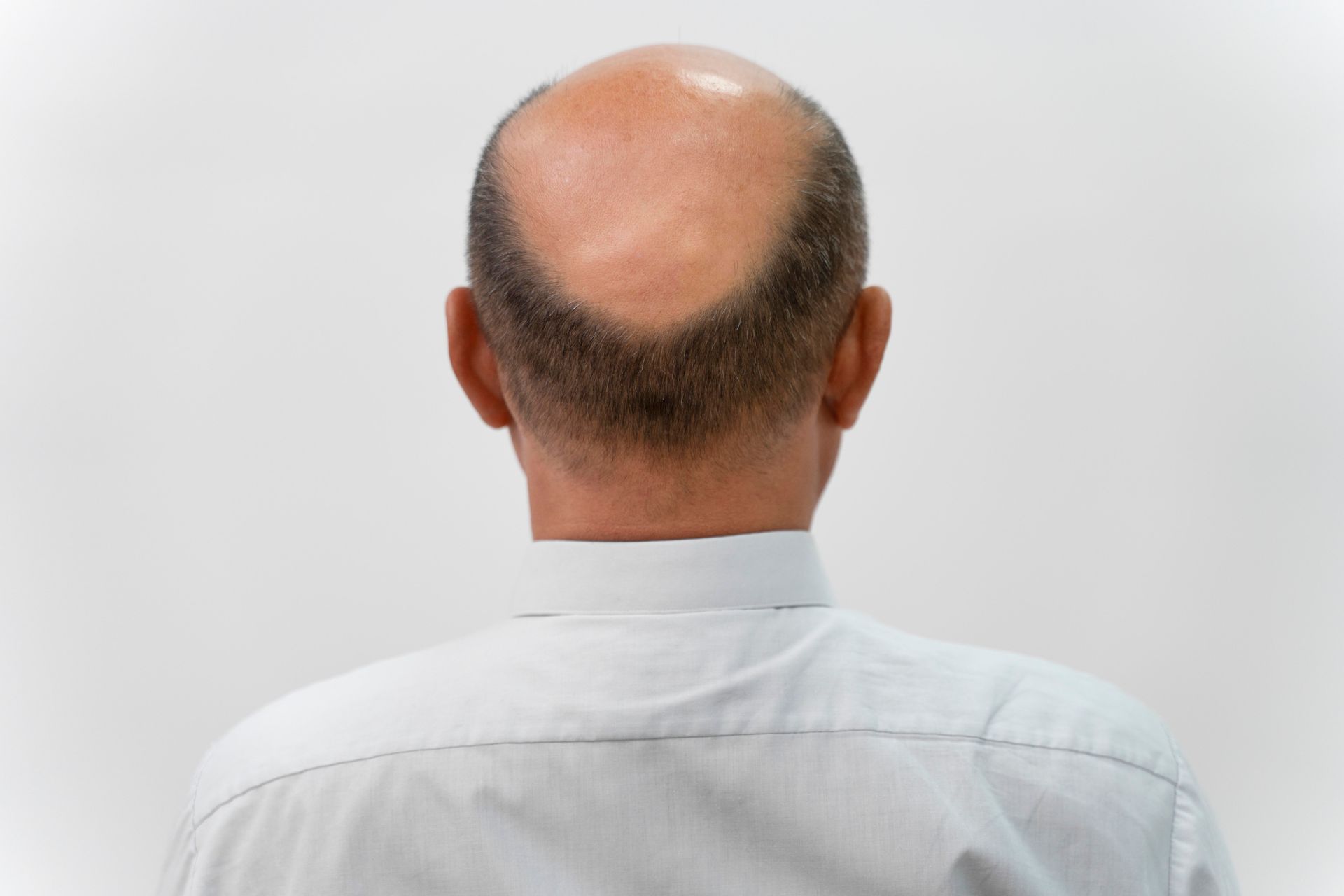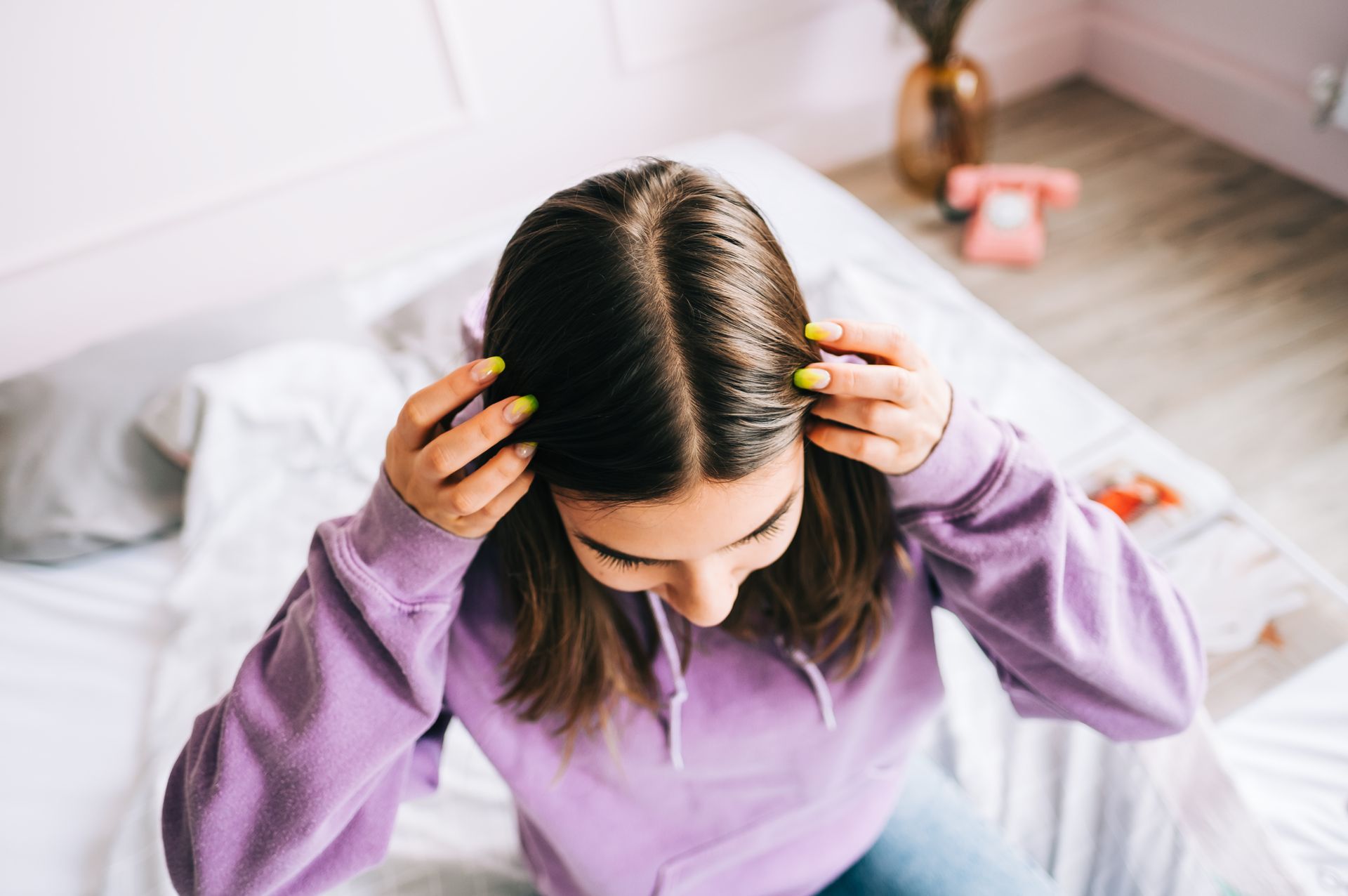Trichology: A Complete Guide To Hair Loss And Related Problems
Trichology: A Complete Guide To Hair Loss And Related Problems
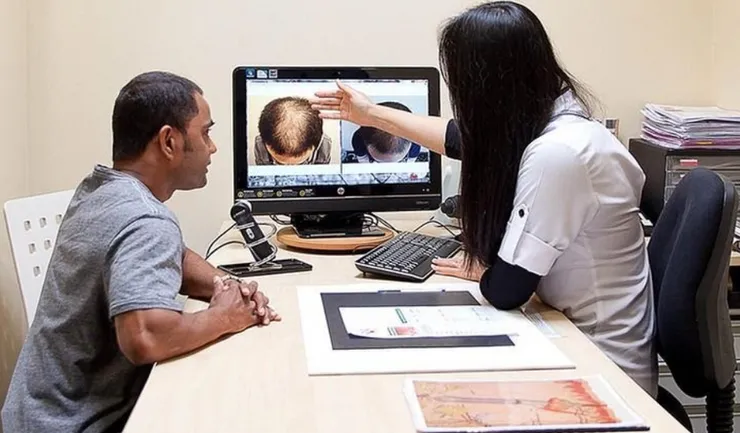
“...for many years, James has been having a tough time with an itchy scalp and rapid loss of hair on his head, but the breakthrough came when his new neighbor, Jeff advised him to see a trichologist.”
Trichology is a medical term that describes the study of the hair and scalp. Clinical trichology deals more with the diagnosis and treatment of disorders or diseases of the hair and scalp – alopecia.
The word trichology is derived from the Greek word “Trikhos,” which means hair, and due to the importance of this field of study in Britain in the late 19th century, trichology was designated as a unique paramedical discipline in 1902. Trichology is regarded as bridging the gap between dermatology and cosmetology.
What do trichologists do?
A trichologist is someone who studies and specializes in the treatment of hair and scalp ailments. A trichologist is primarily involved in the process of regrowing hair.
An experienced trichologist is trained to carry out a holistic evaluation of a client’s hair loss problem by getting to know basic information about a client’s personal history, lifestyle practices, genetic factors and environmental conditions.
More so, other important details such as the history of a client's medication, whether they are under a lot of stress, undergoing nutritional deficiencies or even suffering from hormonal imbalance are fundamental to a trichologist.
With a good understanding and ample information based on the fundamental considerations, a trichologist can prescribe individualized treatment, recommend lifestyle changes and nutritional advice that will enhance the health of a patient’s hair and scalp appearance.
Assessment of Alopecia by a Trichologist
During the assessment of alopecia and other scalp diseases, a trichologist usually collects some hair samples for viewing under the microscope in addition to viewing the scalp, follicles, and capillaries.
In cases where a trichologist suspects other conditions that may give rise to hair loss, there might be a need to perform a scalp biopsy to rule out other conditions such as Central Centrifugal Cicatricial Alopecia (CCCA), a type of scarring alopecia.
A referral to a Dermatologist is necessary for carrying out a scalp biopsy. The Dermatologist usually removes a little piece of skin from the scalp for analysis, and where other autoimmune disorders are suspected, a blood sample may be collected for blood analysis. Proper identification of the type of alopecia present is instrumental in receiving adequate treatment.
Treatment of Hair Loss (Alopecia)
Sadly, there is yet no known cure for alopecia. However, there are some treatment regimens which are used to help hair grow back quickly or reduce the rate of hair loss in the future. While making efforts to manage alopecia, trichologists usually employ some effective holistic therapies to support increased scalp stabilization, promote balance within the body systems, and provide an optimal scalp health environment for stronger, more stable hairs.

Medical Treatment methods for Alopecia
1. Holistic Therapy
For patchy and mild alopecia, a trichologist will prescribe painless holistic therapies for their patients as a way of helping their hair grow back on bald spots. When adopting these methods of treatment, the follicles are supported to increase scalp health. A trichologist will team up with a medical doctor, or refer you to another specialist, if he or she suspects there to be an underlying medical condition. Treatments are administered at intervals of 6 weeks to 16 weeks, providing an optimal scalp health environment for stronger more stable hairs.
2. Oral Supplementation
Hair needs a variety of different nutrients in order to grow. Nutritional supplements are products that are ingested containing vitamins, minerals and/or other various nutrients, that helps to enhance and support your diet. Quality supplements containing vital micronutrients fuel the body with needed support for optimal growth without negative adverse reactions. Oral immuno-suppressants such as cyclosporine and methotrexate can be used for managing alopecia. Sadly, a long term use of cyclosporine may lead to some side effects such as kidney and liver damage, high blood pressure and a type of cancer referred to as lymphoma. Therefore; many Trichologist persue a holistic approach to addressing nutritional imbalances. Eating whole nutritious foods provides the body with the best possible building blocks for a full head of beautiful hair. However, where the case of hair loss is a serious one, cortisone tablets are usually used through the strict guidance of a dermatologist.
3. Topical Solutions
Herbs are used in conjunction with other therapies to promote hair health. Using traditional remedies combined with recent clinical advances in plant-based medicine, we can craft a plan to create better scalp health for an improved hair growth environment. Many studies have shown that holistic hair growth methods can work even better than Rogaine or Propecia without the nasty side effects. Some herbal topical stimulants that can work to reduce the risk of inflammation in the hair follicle include saw palmetto, stinging nettle, pygeum, caffeine and lavender oil. A trichologist will work with other medical professionals and nutritional experts to develop a hair loss solution plan that is customized just for you.
4. Light Therapy (Photobiostimulation or Low Level Light Therapy)
This is a form of photo-therapy. LLLT is non-surgical, clinical-strength technology that has been proven to stimulate cellular activity and blood circulation to help stop hair loss and regrow hair. Light therapy works improve hair volume and appearance. This therapy is painless with no known sides effects and several devices have been cleared by the FDA to support hair growth.
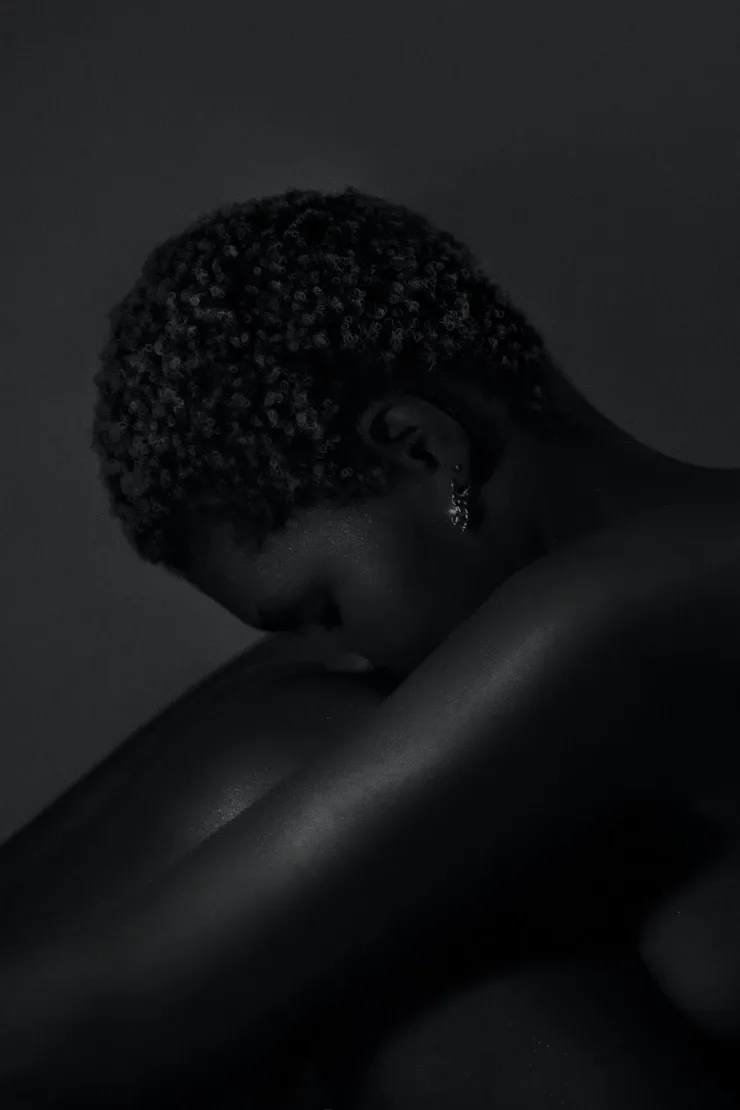
Summary
Trichology is a scientific study that is concerned with the study of hair and scalp-related diseases that may lead to loss of hair (alopecia).
In diagnosing the root cause of alopecia among patients, trichologists usually begin their investigation by seeking information about the genetic information, environmental conditions, lifestyle and a patient’s medical history before commencing treatment.
Some non-medical treatment approach to manage alopecia include the use of holistic therapies, oral supplementation, topical solutions as well as low level light therapy.

